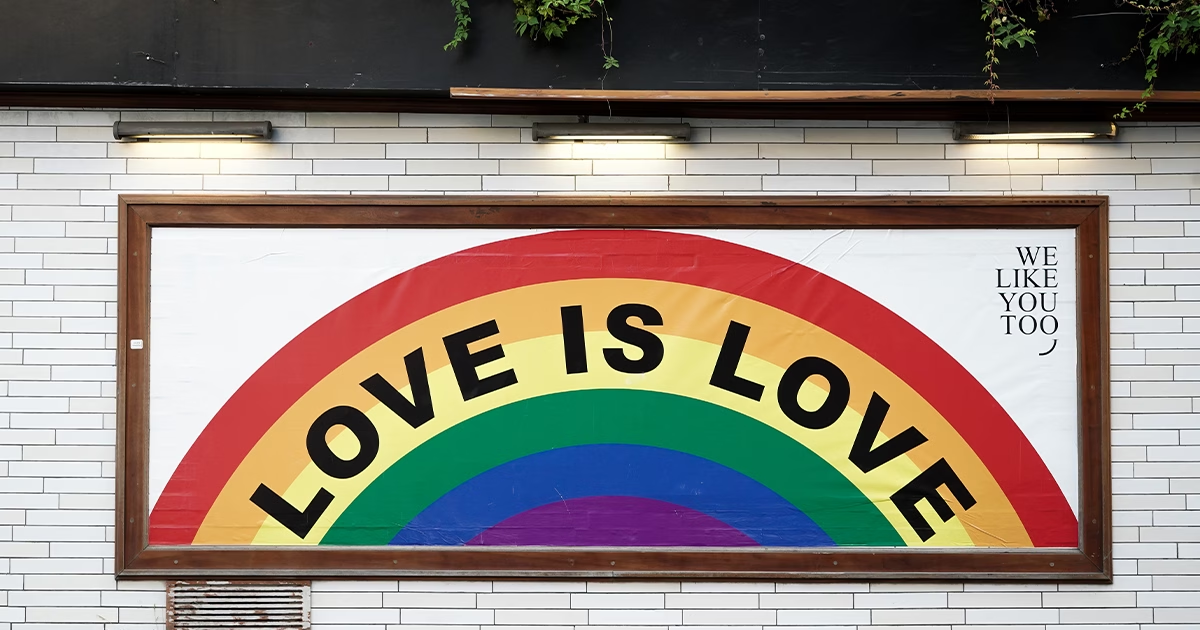Texas has no laws on the books explicitly protecting people from workplace discrimination based on sexual orientation or gender identity, but the Supreme Court’s ruling on Monday now gives federal protections.
by Emma Platoff
In a major victory for gay and transgender workers in Texas and nationwide, the U.S. Supreme Court ruled Monday that federal civil rights law prohibits employers from discriminating against workers on the basis of their sexual orientation or gender identity.
Texas is among a majority of states that do not offer explicit protections for LGBTQ communities in employment, housing or public spaces, though some of the state’s biggest cities have passed some protections. And the ruling carries particular weight in a state where proposals to expand those protections have historically been dead on arrival at the GOP-dominated Texas Legislature.
Jason Smith, a Fort Worth employment attorney who represented Stacy Bailey, a Mansfield ISD art teacher who was put on leave after showing students a photo of her now-wife, called the far-reaching ruling a pleasant surprise because it “covers everybody in the rainbow.” He had not dared hope for such a comprehensive opinion, he said.
“I can’t tell you how many phone calls we’ve had at our law office from LGBTQ folks who we had to tell the courts were going to turn their case out,” Smith said.
Now, he said, “we can do something for them.”
In a 6-3 decision authored by Justice Neil Gorsuch, the court ruled that Title VII of the landmark Civil Rights Act of 1964, which bars employment discrimination on the basis of sex, applies to gay and transgender workers as well. The court ruled on two cases, one about gay men who said they were fired because of their sexual orientation, and another from a transgender woman who said her employer fired her when she said she planned to embrace her gender identity at work.
“We must decide whether an employer can fire someone simply for being homosexual or transgender. The answer is clear,” Gorsuch wrote. “An employer who fires an individual for being homosexual or transgender fires that person for traits or actions it would not have questioned in members of a different sex.”
Many federal courts, including those in and governing Texas, had ruled that Title VII did not protect workers from discrimination on the basis of sexual orientation.
The state’s first LGBTQ Caucus, founded in 2019, announced earlier this summer that it has bipartisan support for a comprehensive nondiscrimination law for LGBTQ Texans. Long a legislative push from some Democrats, that proposal has never gone far at the Capitol in Austin, facing particular resistance from Lt. Gov. Dan Patrick and the socially conservative Texas Senate.
Now the fight moves to the state Capitol, where lawmakers said they will fight for similar protections in housing and other spheres. Wesley Story, a communications associate for Progress Texas, said it’s time “to expand those protections to other areas including education, housing and health care.”
“Equal protection for LGBTQ employees is now the land of the land!” tweeted state Rep. Erin Zwiener, D-Driftwood, a member of the LGBTQ Caucus. “I’ve never been more happy to strike a piece of legislation off my bill list for next session.”
Zwiener added that she looks forward to fighting for other protections not covered by Monday’s ruling.
Celebrating the victory, the caucus said “our work is far from over” and promised to pursue comprehensive anti-discrimination protections in the state, in spheres such as housing, adoption and health care.
Jessica Shortall, managing director of Texas Competes, a coalition of businesses that make “the economy case for equality,” called Monday’s ruling a major victory — but said there is more work to come on the state level.
“We know from employers that they want to see comprehensive protections for LGBTQ workers and their families,” said Shortall, whose group helped defeat a controversial 2017 “bathroom bill” that would have forbidden transgender Texans from accessing certain public facilities. “It helps them as a competitive tool.”
Disclosure: Progress Texas has been a financial supporter of The Texas Tribune, a nonprofit, nonpartisan news organization that is funded in part by donations from members, foundations and corporate sponsors. Financial supporters play no role in the Tribune’s journalism. Find a complete list of them here.
“U.S. Supreme Court says civil rights law applies to LGBTQ workers, granting protections long denied in Texas” was first published at https://www.texastribune.org/2020/06/15/bostock-supreme-court-texas-lgbtq/ by The Texas Tribune. The Texas Tribune is proud to celebrate 10 years of exceptional journalism for an exceptional state.





























